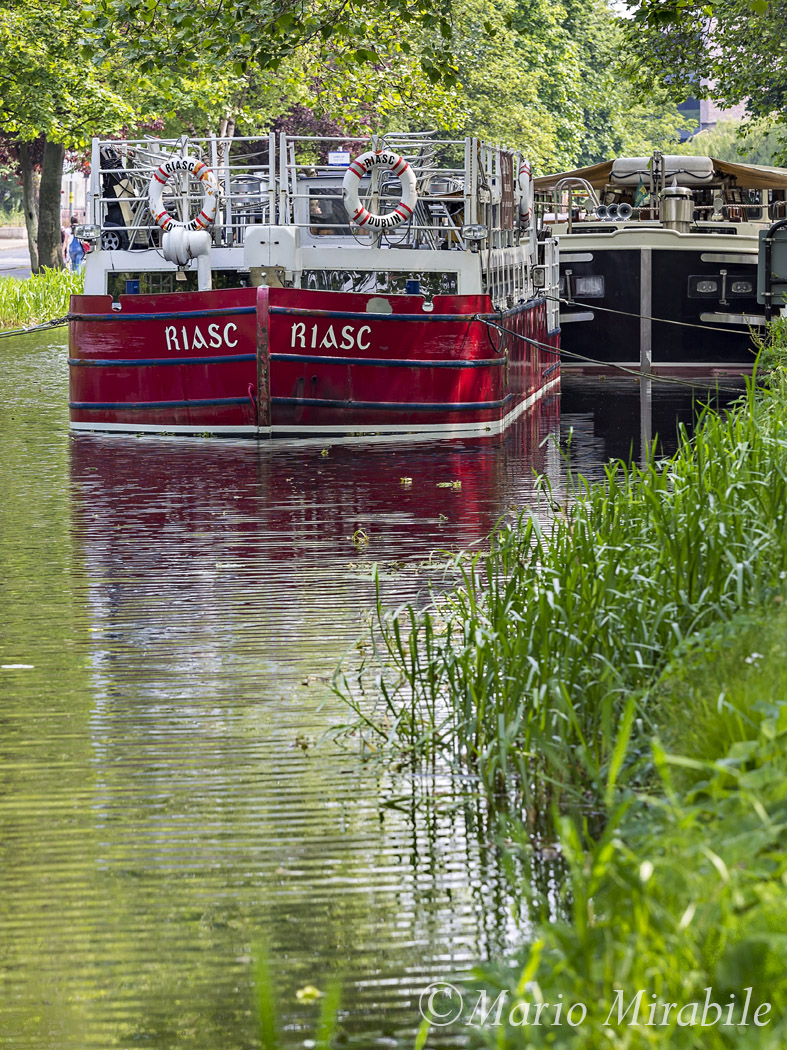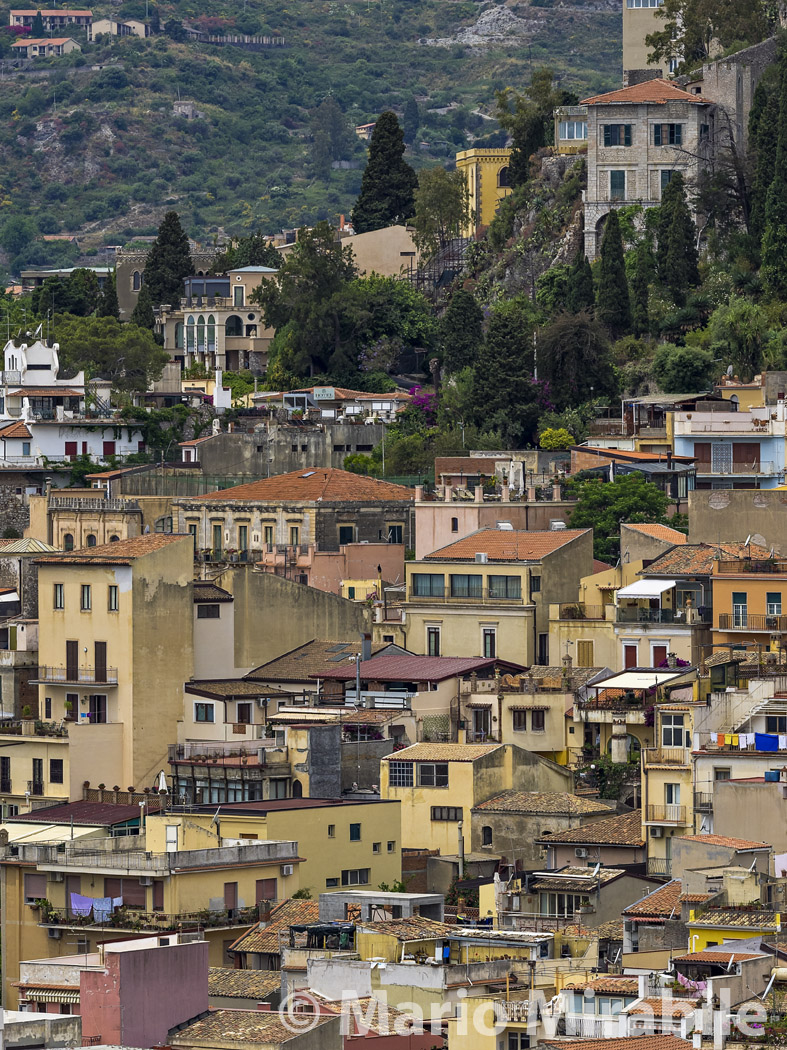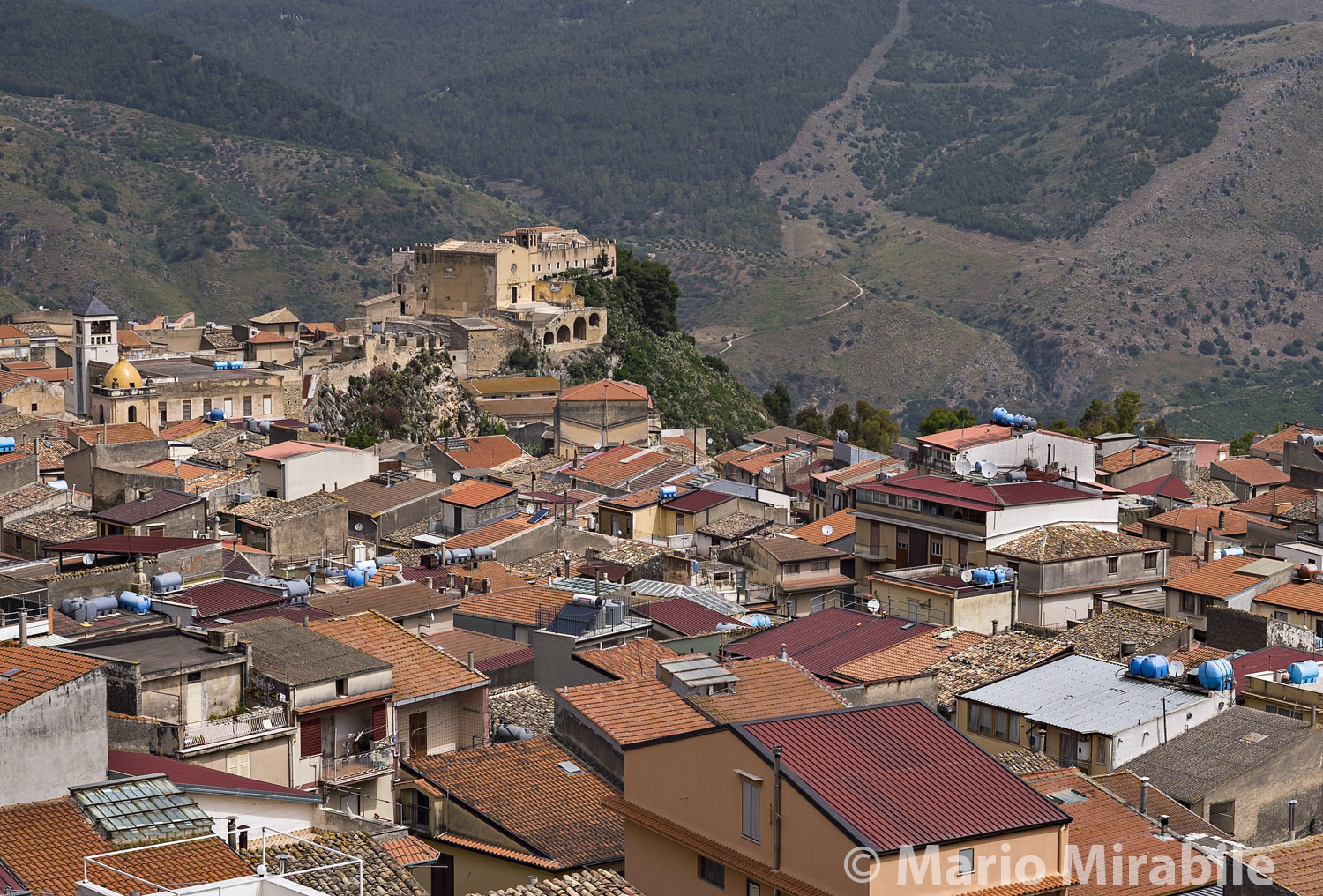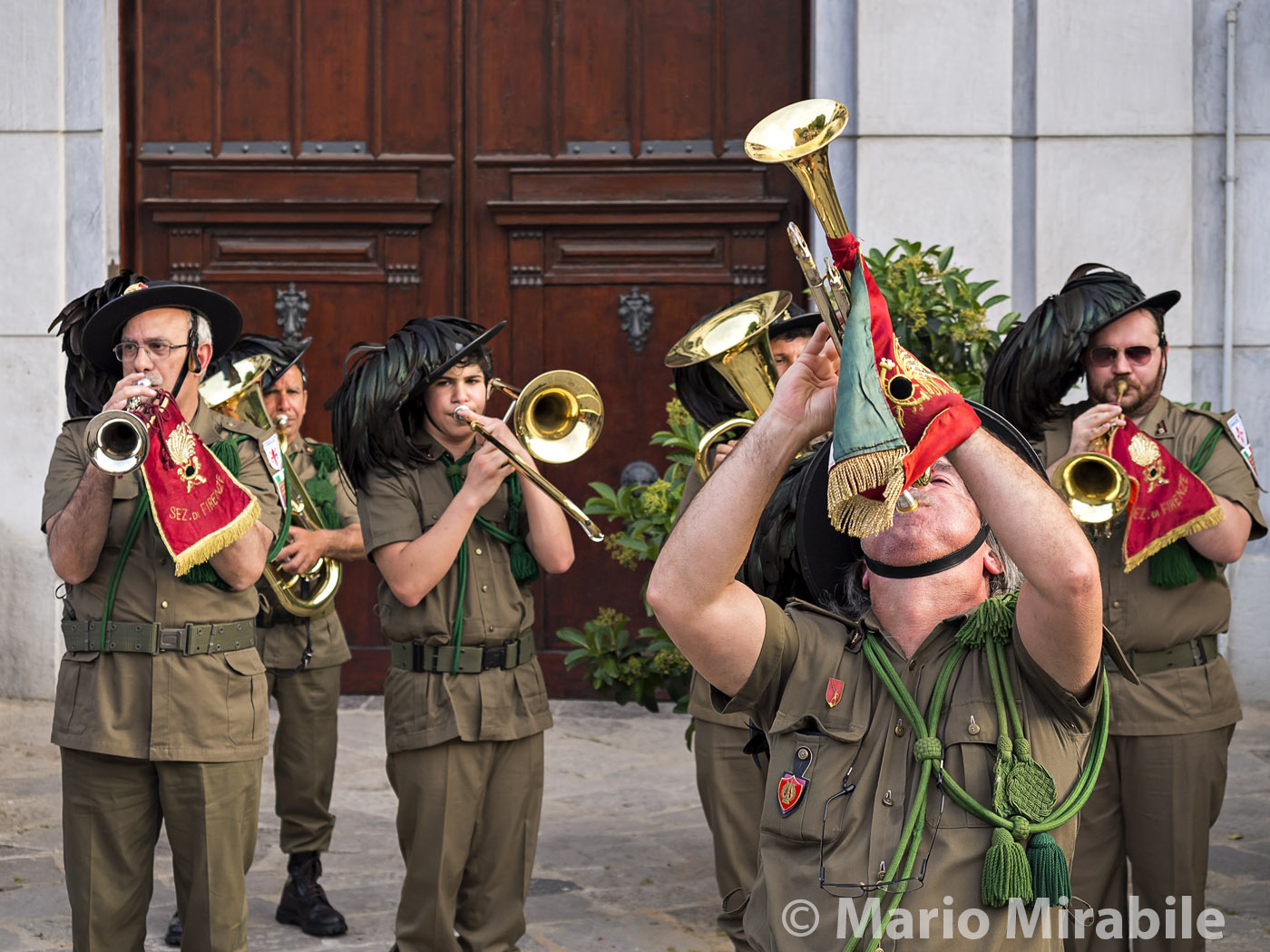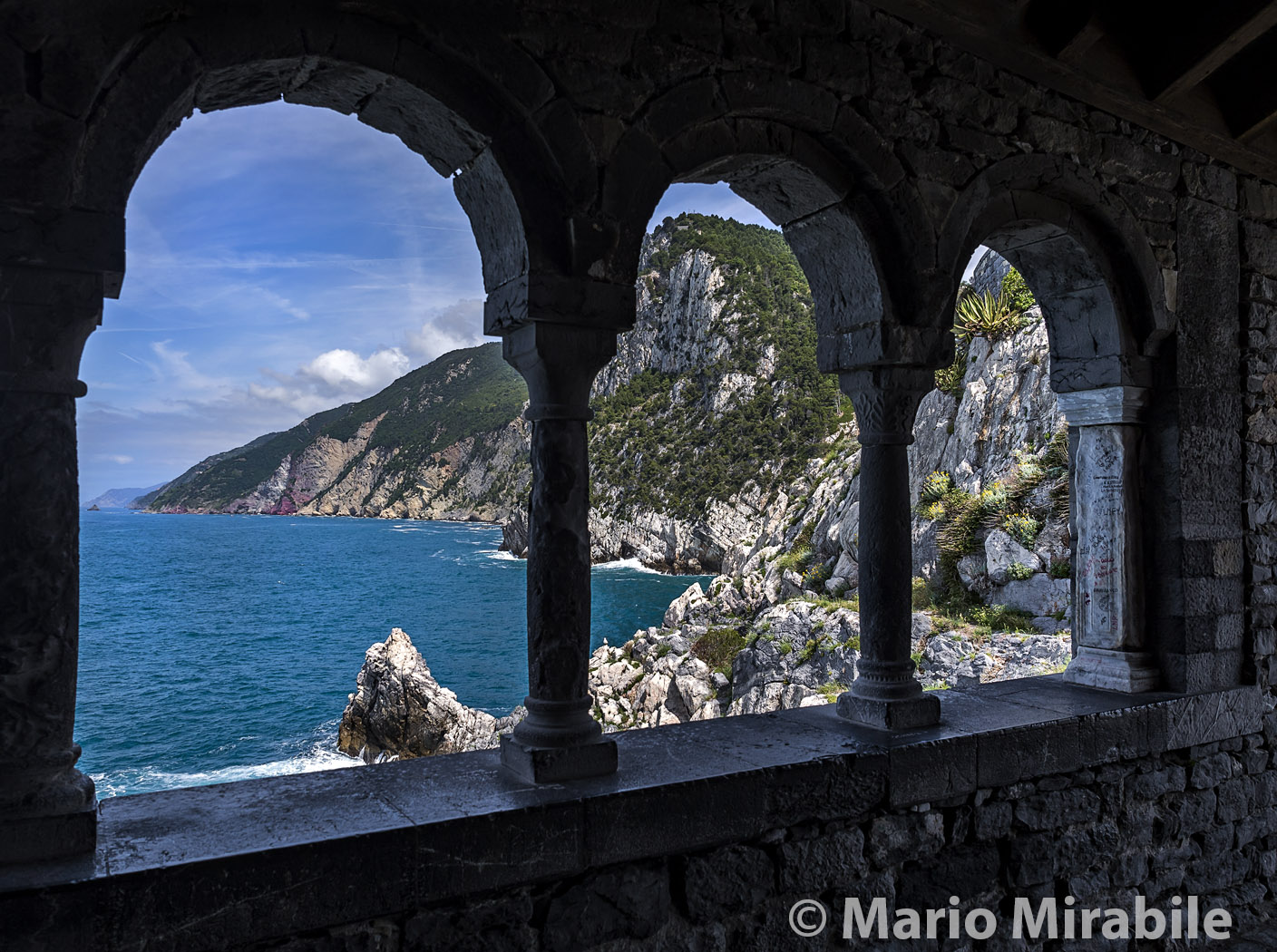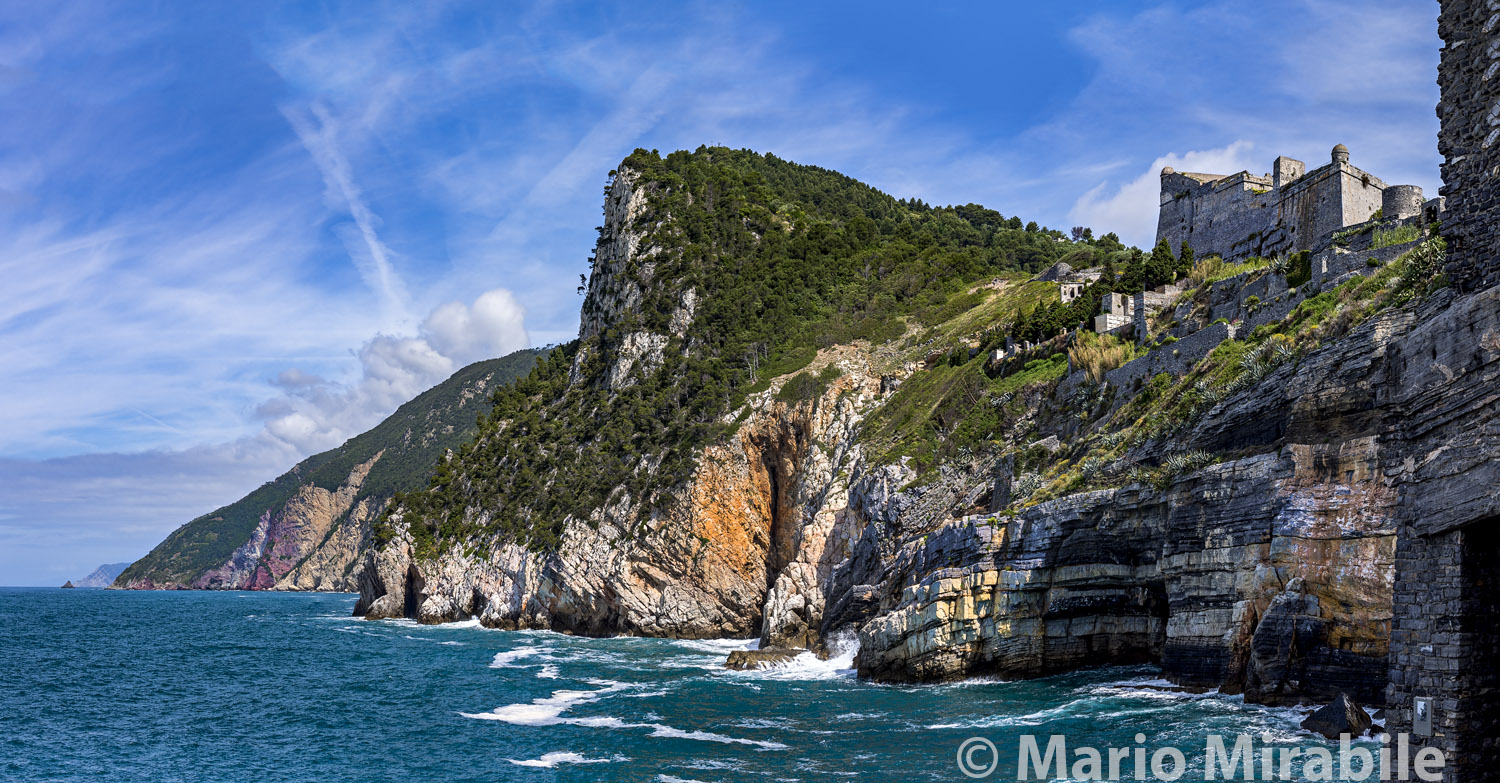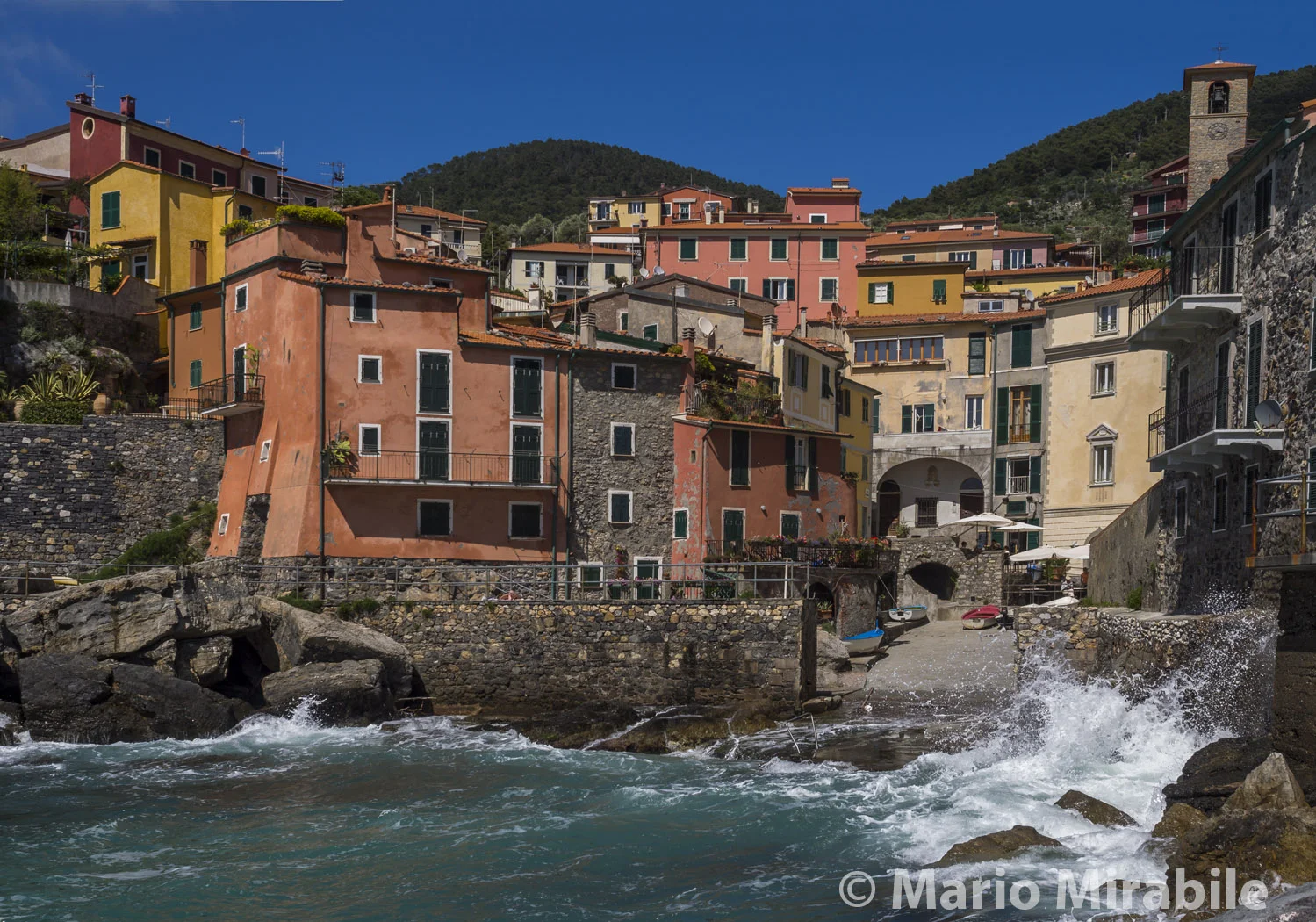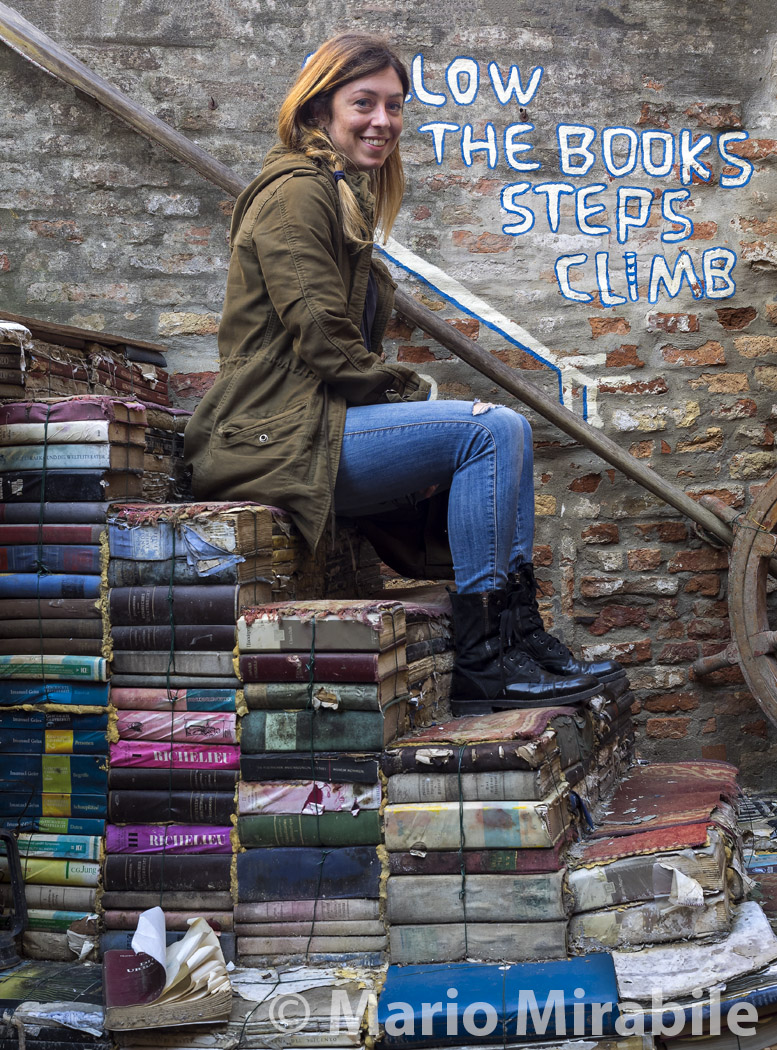Shortly after landing in Ireland, a few things became apparent to me. Firstly, Dublin airport appears much more efficient than any of the three Italian airports I experienced. I doubt anyone has ever been left standing around in a check-in queue for two and a half hours while they try locate a passenger list as happened to us in Catania. Secondly the traffic appears quite civilized, and as a bonus they drive on the correct side of the road. The experience was not too dissimilar to driving in Melbourne with far less traffic. Thirdly, Ireland is green - very, very green.
The glimpses I caught through the plane windows clearly showed why Ireland is known as the Emerald Isle. Dublin itself is pleasantly treed and grassed - it boasts Europe's largest urban park - but it's once you leave the cities that the full impact of the greenery really strikes you. The beauty is enhanced by the signs of small scale traditional farming that can still seen everywhere - fields enclosed by hedges and stone fences, small herds of sheep and cattle, and farmhouses and hamlets scattered here and there, seemingly at random. The peace and beauty belies Ireland's often troubled past - happily a distant memory for the for the most part - and I found myself constantly wanting to stop just to take it all in.
Oh, and just as I'd been told, the Guinness is better than it is in Australia.


